Understanding your menstrual cycle is key
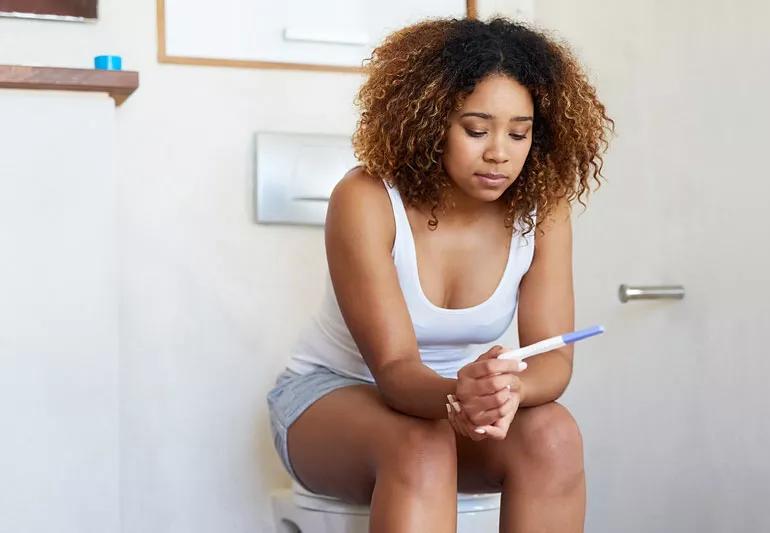
Your period came, so does that mean you can be a little more lax about birth control? After all, you can’t get pregnant while Aunt Flo is around, right?
Advertisement
Cleveland Clinic is a non-profit academic medical center. Advertising on our site helps support our mission. We do not endorse non-Cleveland Clinic products or services. Policy
Unfortunately, that’s not true. You can get pregnant during your period.
It’s not quite that simple, says Ob/Gyn Amy Stephens, MD. She clears up the confusion about fertility and your monthly cycle.
The most fertile time of your cycle, when you are most likely to get pregnant, is when you ovulate, or release an egg, Dr. Stephens explains. That typically happens midway between periods.
So if you have a regular 28-day cycle, Day 1 would be the first day of your period, and you would ovulate around Day 14. “You have the highest chance of getting pregnant during the few days before and after that day,” she says.
But that’s a general guideline and not a rule. “You can definitely get pregnant outside that window,” Dr. Stephens says.
If you have unprotected sex during or right after your period, there is a lower chance of getting pregnant. “But the chances are not zero,” Dr. Stephens stresses.
That’s especially true for women with irregular periods, whose ovulation date is harder to predict. Even women who normally have periods like clockwork can experience an unpredictable cycle as the result of things like stress, hormonal changes, and losing or gaining weight.
Advertisement
Having a shorter-than-average cycle also increases your risk of conceiving during period sex. That’s because sperm can live inside you for up to 5 days. They could still be hanging around, looking for love, if you release an egg 4 or 5 days after your period ends.
If you want to get pregnant, plan to get frisky halfway between periods for the best chances. But if you’re trying to avoid pregnancy, don’t use your period as a guide. Instead, choose a reliable form of birth control.
“That’s the best way to prevent pregnancy,” Dr. Stephens says.
Yeah, you probably already knew that. But now you know the whole story.
Advertisement
Learn more about our editorial process.
Advertisement
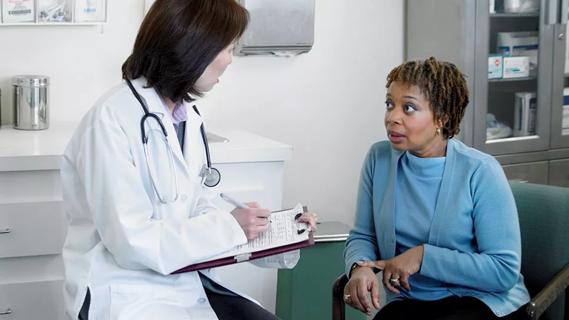
Reasons for spotting can include menopause, uterine fibroids, PCOS and birth control
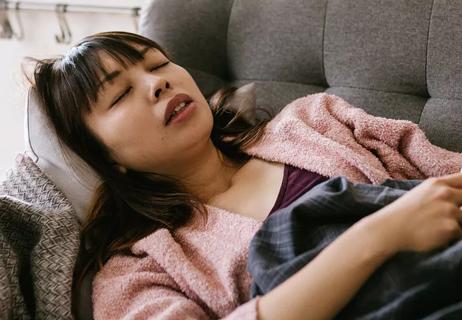
Hormonal changes are the likely culprits behind the aches and fatigue before your period
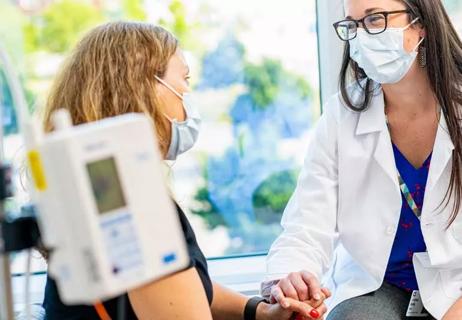
Typically, you can keep your appointment, let your gynecologist know and let your worries go
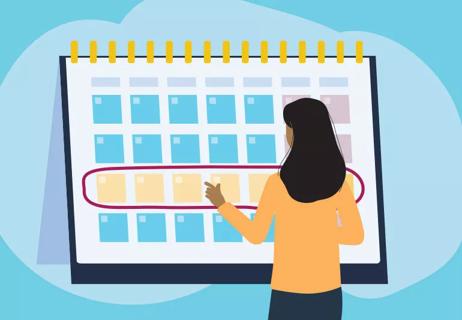
Stress, extreme diet and exercise, PCOS and, of course, pregnancy could be responsible
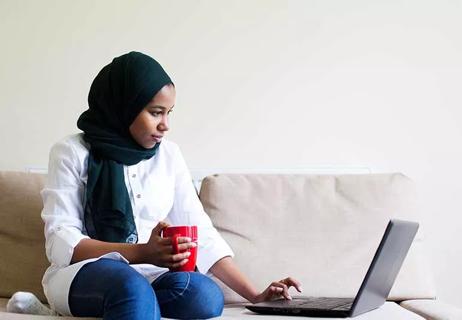
If your period hasn’t come for three months, it’s best to see a doctor
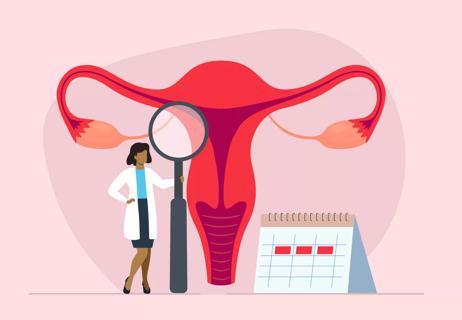
Eating and exercising according to your cycle can reduce PMS and period symptoms
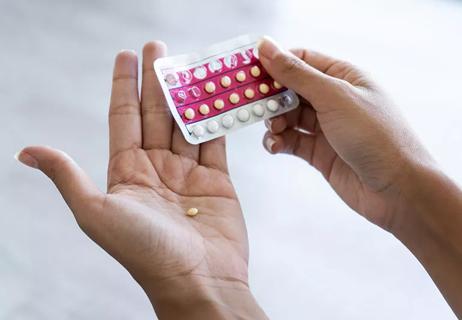
Keeping a steady level of hormones is key in preventing a period
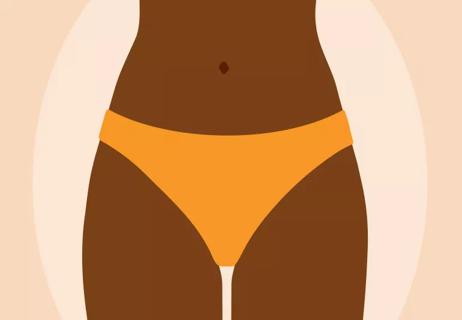
The absorbent and reusable product may be a game changer for your menstrual cycle

Type 2 diabetes isn’t inevitable with these dietary changes

Applying a hot or cold compress can help with pain